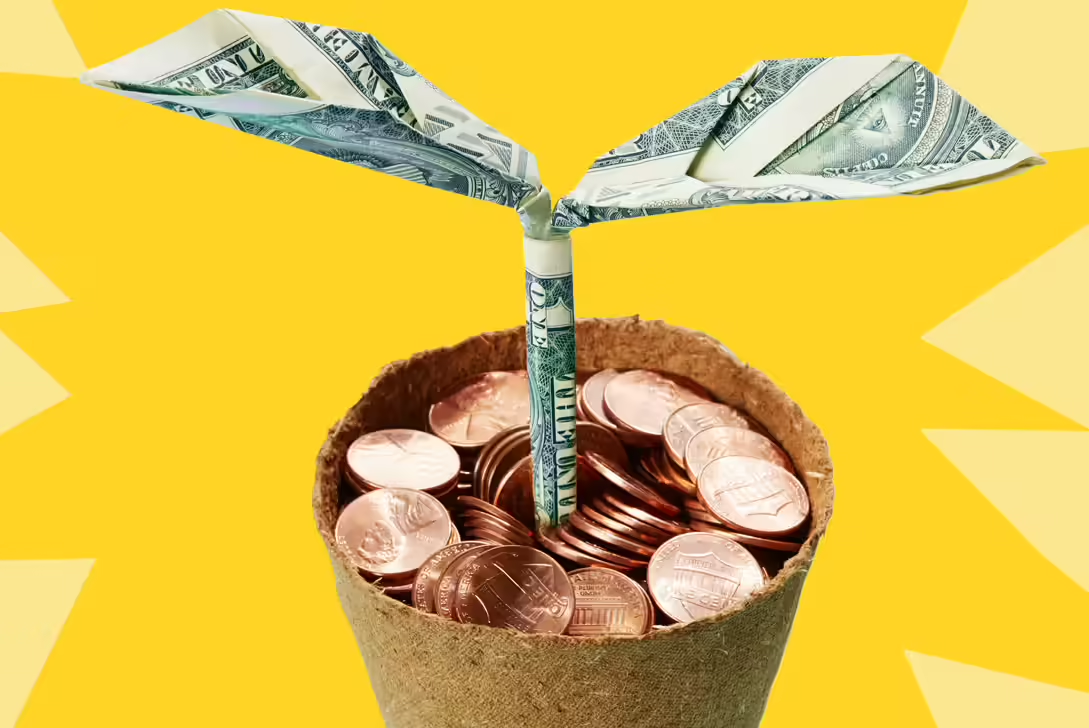It doesn’t always have to mean that saving money has to be some major change in your lifestyle. Rather, often it is those small changes in habits of everyday life that build up into big savings. Here is Tips To Save Money on Everyday Expenses
1. Plan Your Meals and Shop Smart
Meal planning is probably one of the simplest ways to save money on food. If you plan your meals for the week, you can draw up a shopping list that enables fewer impulse purchases and allows for less food to go to waste.
Make sure you purchase only the items on the list. You may also want to think about bulk purchases for non-perishable items or key goods used repeatedly. Shopping in seasonal produce and store brands can also present quite substantial savings.
2. DIY and Homemade Solutions
It means making as much as possible at home instead of buying prepared or pre-packaged goods. This relates to everything from cleaning supplies and beauty products to meals.
For instance, making your cup of coffee at home instead of buying from a café saves hundreds of dollars annually. On the same lines, DIY cleaning solutions that include vinegar, baking soda, and essential oils work just as well as store-bought at a fraction of the cost.
3. Using Fewer Energy Resources
Bring down your energy bills, which is very easy to do. You can do this by merely changing a few simple things: unplugging electronics when you are not using them, changing to energy-efficient light bulbs, and turning down your thermostat a few degrees.
You can also use a programmable thermostat in order to turn down the heating and air conditioning when you are away from your house
4. Get Cash Back and Use Rewards Programs
Many retailers have cashback and reward programs that help one earn either money or points on purchases. All these programs are mostly excellent ways through which one can save on everyday expenses.
Look for credit cards with cashback deals on groceries, gas, or any other routine purchases. Other than this, take advantage of store loyalty programs that will often give discounts, coupons, or award points for redemption on future purchases.
5. Cut the Cord on Cable TV
With so many streaming services nowadays, cutting the cord on your cable TV service could be a great way to save some serious cash every month. In most cases, streaming services are available with varied content at a fraction of the cost of traditional bundles for cable television.
Consider subscribing only to the services you use frequently, and that carry your favorite programs. Subscription sharing may also help reduce costs among family or friends.
6. Buy Secondhand
Secondhand purchases can save one much money, especially on clothes, furniture, and electronics. Thrift stores, internet marketplaces, and garage sales sometimes have such items in excellent condition for much less than their original prices.
Before you buy something brand new, see if you can find a gently used one that is still in decent shape. Not only does this make shopping more pleasant, but it also saves money.
7. Eat out less frequently
Eating out tends to be costly, more so if it’s a frequent event. In its place, cook at home more. When eating out, don’t miss a deal, discount, or promotion.
Most restaurants have hours when their food is lower in price, and some provide loyalty programs which will help in saving. If you enjoy going out with friends over food, opt for a potluck instead of dinner at a restaurant.
8. Bargain for Charges and Subscriptions
Never be reluctant to haggle about invoices and subscription costs for services like phone, internet, or insurance.
Get in touch with your suppliers and inquire about any potential discounts or less expensive options. You’d be shocked how frequently you may reduce your monthly spending simply by asking.
9. Use Public Transportation or Carpool
Transportation can be pricey, but it can also create space to save. Public transportation, biking, and walking can get you to work all while putting money in your pocket.
In cases where driving becomes inevitable, carpooling with friends or colleagues can save gas money and reduce wear on your vehicle.
10. Put the 30-Day Rule into practice
Apply the 30-day rule for all nonessential purchases. If you see something that you would want to buy, then wait 30 days before going ahead with the purchase.
This prevents impulsive buying, allows for need decisions, and often, at the end of the 30 days, the urge to buy will have passed, saving you money in the long term.
The following creative ways to slash everyday expenses, if worked into your everyday life, will help you do it without much dent to your quality of life. Small changes add up into big savings over time, thus making attaining your financial goals more feasible.
FAQs
How can meal be planning assist in holding cash?
Meal planning lets you keep away from pointless purchases, prevents food waste, and reduces impulse buys, which all add up to lots of brilliant financial savings over the years.
What are a few smooth DIY answers to update store-bought merchandise?
You can make your own cleaning substances with items like vinegar and baking soda or put together at domestic rather than purchasing it from a café. These small changes can keep hundreds each year.
How can I decrease my strength payments without foremost adjustments?
Simple movements like unplugging electronics while not in use. The usage of strength-efficient bulbs and putting your thermostat some levels lower can lessen your month-to-month payments notably.
Is it well worth reducing cable TV?
Yes, switching to streaming services often costs tons less than conventional cable. By subscribing most effectively to the platforms you operate maximum. You could keep cash at the same time as nonetheless taking part in quality content.
Does the 30-Day Rule work for saving cash?
Absolutely, the 30-Day Rule facilitates saving you impulse buys. Waiting a month earlier than making nonessential purchases gives you time to determine in case you sincerely want the item, which often results in skipping the acquisition completely.
Conclusion
Saving money on day-by-day charges doesn’t require large sacrifices. It is about making smarter choices with what you have already got.
Simple adjustments, like meal-making plans, using homemade food. Slicing back on energy use and exploring secondhand alternatives. It can lead to sizeable financial savings without compromising your way of life.
By progressively incorporating those creative, price-saving behaviors into your recurring. You may ease economic strain and flow toward your economic dreams. Over time, these small changes add up, assisting you build a more solid and comfortable destiny.










